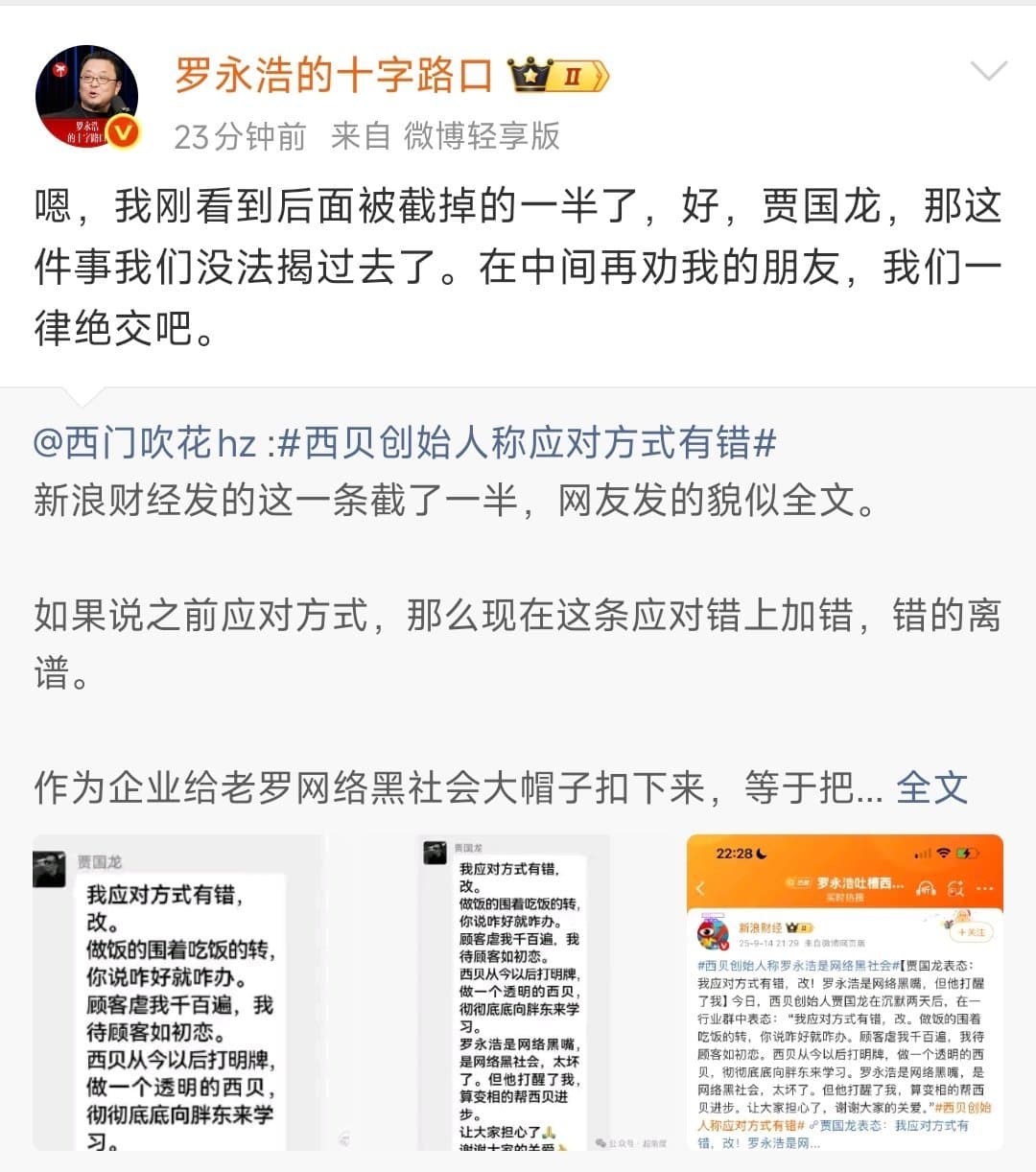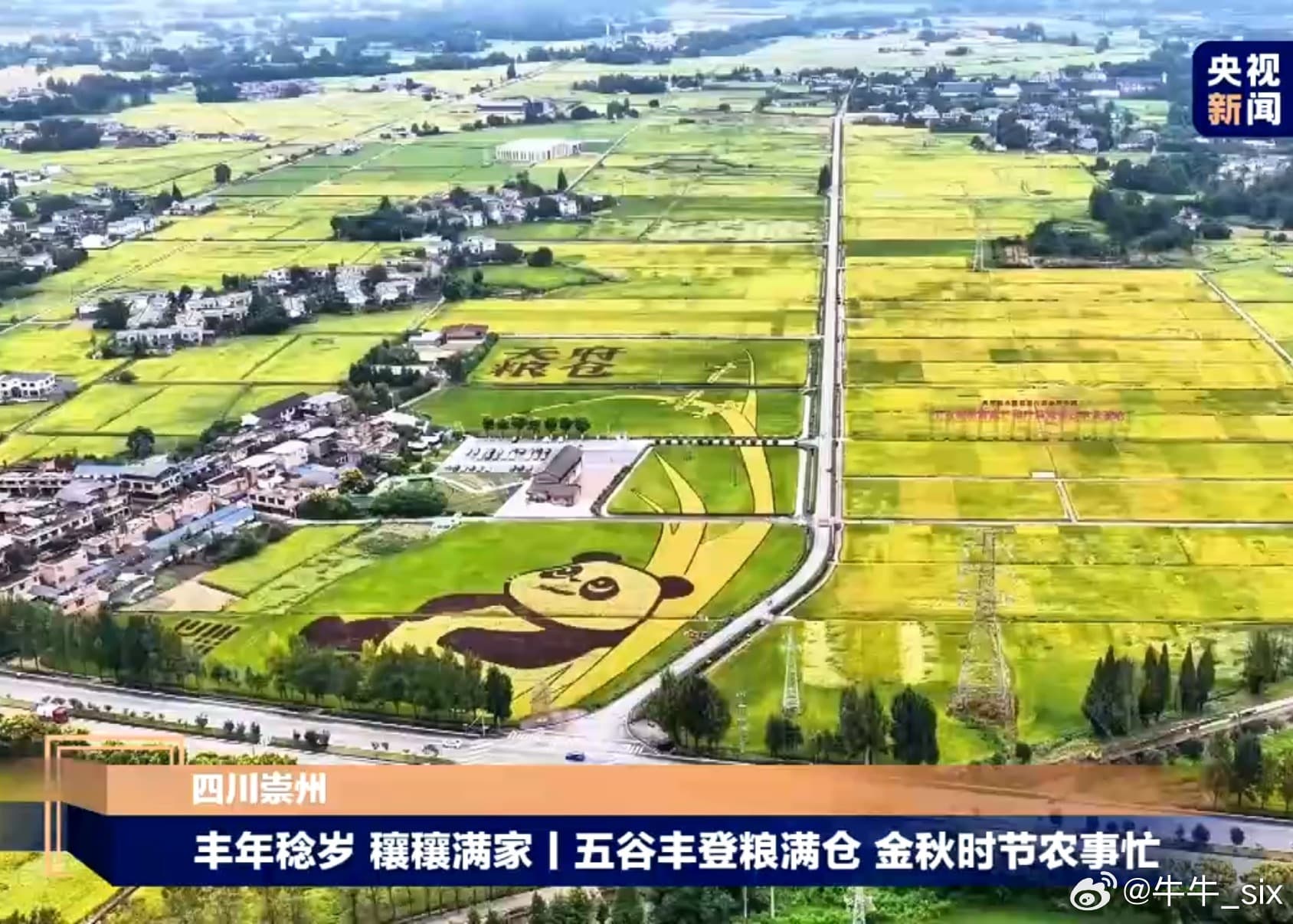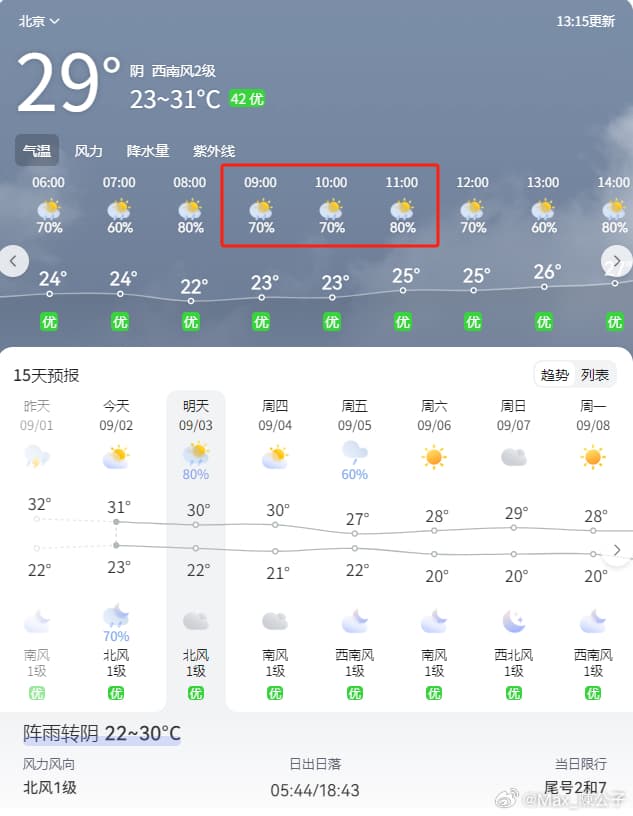South Korean President Yoon Suk-yeol Arrested in Historic Move, Marking First Time a Sitting President is Taken into Custody
In a historic and unprecedented move, South Korean President Yoon Suk-yeol was arrested on January 15th by the Korean High-Level Public Officials Corruption Investigation Agency (KOHPI), marking the first time in Korean constitutional history that a sitting president has been taken into custody. President Yoon is accused of inciting civil unrest and abusing his authority.
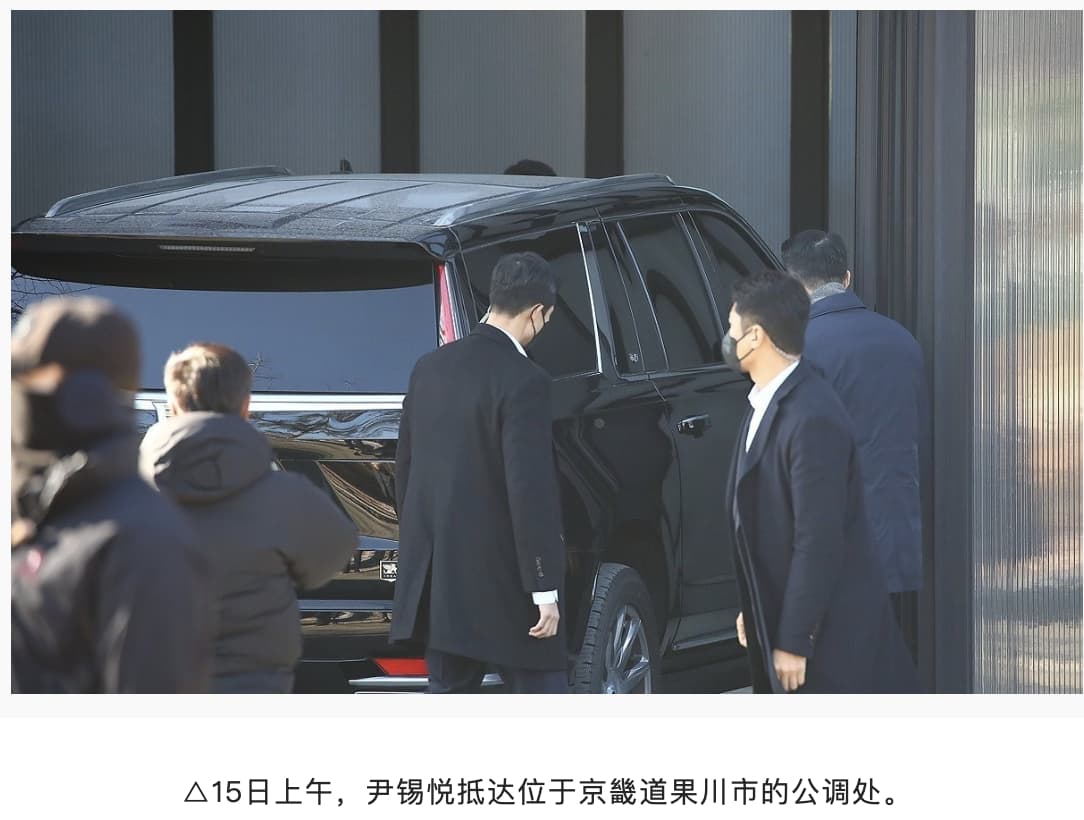
15 January 2025
According to reports, President Yoon was apprehended at 10:33 am local time at the Presidential Office in Yongsan-gu, Seoul, and was subsequently transported to the KOHPI office in Gwacheon, Gyeonggi Province. The arrest was carried out by a team of over 1,200 police officers and 40 KOHPI investigators.
At the time of the arrest, Yoon was escorted by the Presidential Security Service to the KOHPI office building, where he arrived at 10:53 am. The KOHPI had prepared over 200 pages of questions for the investigation, which was set to begin immediately. Yoon's decision to cooperate with the investigation was seen as a surprise move, as his camp had previously claimed that the KOHPI did not have the authority to investigate him for the crime of sedition. Yoon had also refused to attend the KOHPI's summons for questioning on three previous occasions, in December 18, 25, and 29. The KOHPI had subsequently applied for an arrest warrant and a search warrant, which was approved by the Seoul Western District Court.
Prosecutors accuse President Yoon Suk-yeol of being the mastermind behind the violent uprising, with the goal of disrupting the country's constitutional order. Specifically, they allege that Yoon, in collaboration with former Defense Minister Lee Jong-sup, deployed armed troops to blockade the National Assembly to prevent lawmakers from passing a resolution to lift the state of emergency. According to investigators, a total of 57,735 live rounds were issued to the troops during the state of emergency. Prosecutors also claim that Yoon gave orders to "break into the National Assembly chamber and drag out lawmakers, even if it means opening fire." Furthermore, Yoon is accused of attempting to arrest and detain over 10 key political figures, including the Speaker of the National Assembly, Yu In-tae, and the leaders of the opposition parties, without proper warrants.
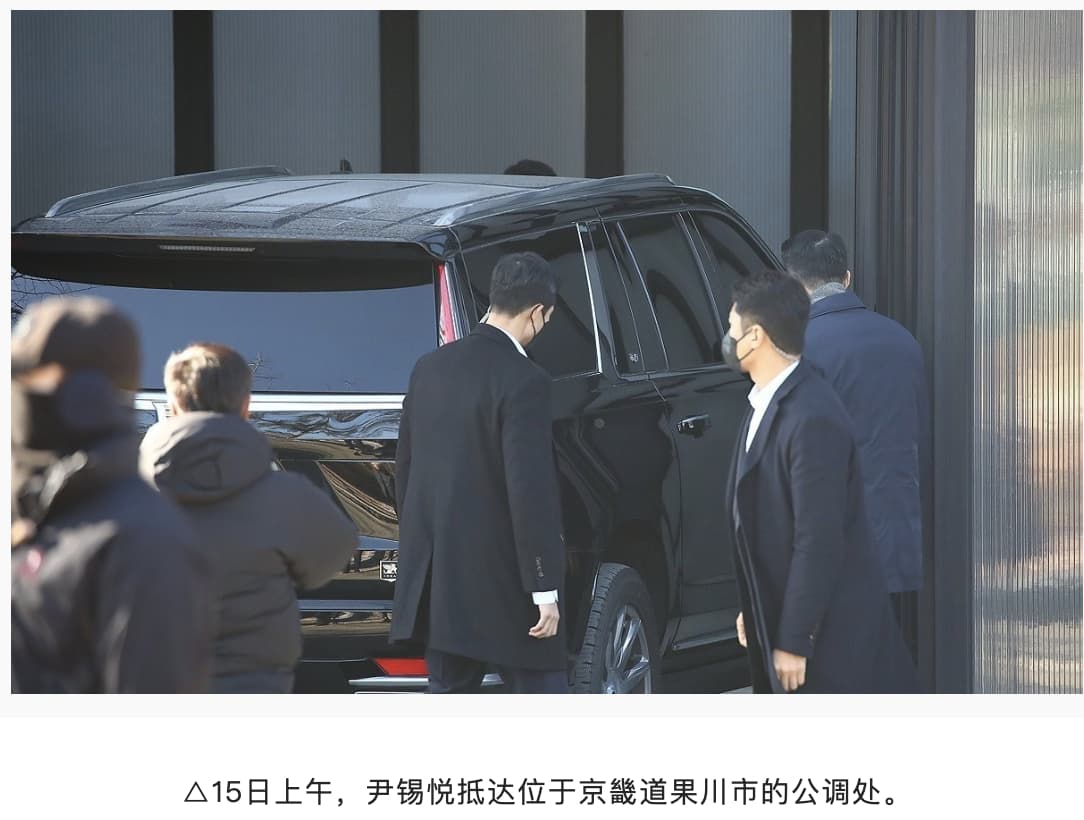
The arrest of President Yoon has significant implications for Korean politics, with many analysts speculating about the potential consequences for the country's governance and stability. As the investigation unfolds, attention will focus on the next steps for President Yoon and the Korean government.
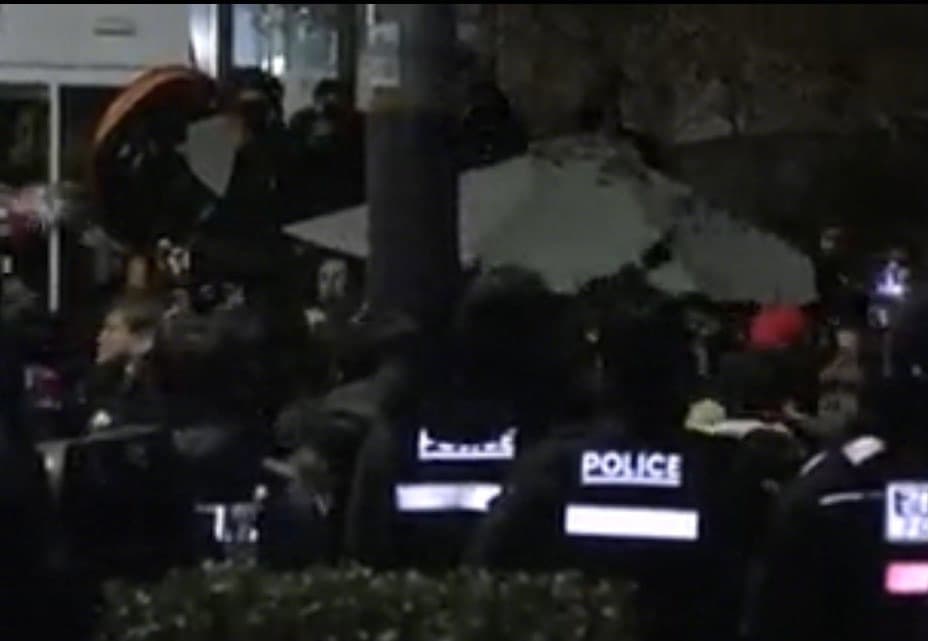
The next 48 hours will be crucial in determining Yoon's fate. The prosecution plans to apply for a detention warrant after completing their investigation, which is expected to be a lengthy process given the over 200 pages of questions prepared for the president. Yoon's lawyers have consistently argued that the prosecution does not have the authority to investigate the president for the alleged crime of inciting a riot, and therefore, the arrest warrant is unlawful. It is likely that Yoon will exercise his right to remain silent during the investigation, further complicating the prosecution's case.
The coming days will be marked by intense political maneuvering, as Yoon's supporters and opponents alike wait with bated breath for the outcome of the investigation. Will Yoon be granted a detention warrant, or will he be released from custody? Only time will tell. One thing is certain, however: the fate of Yoon Suk-yeol will have far-reaching implications for Korean politics and the rule of law in the country.
Comments





